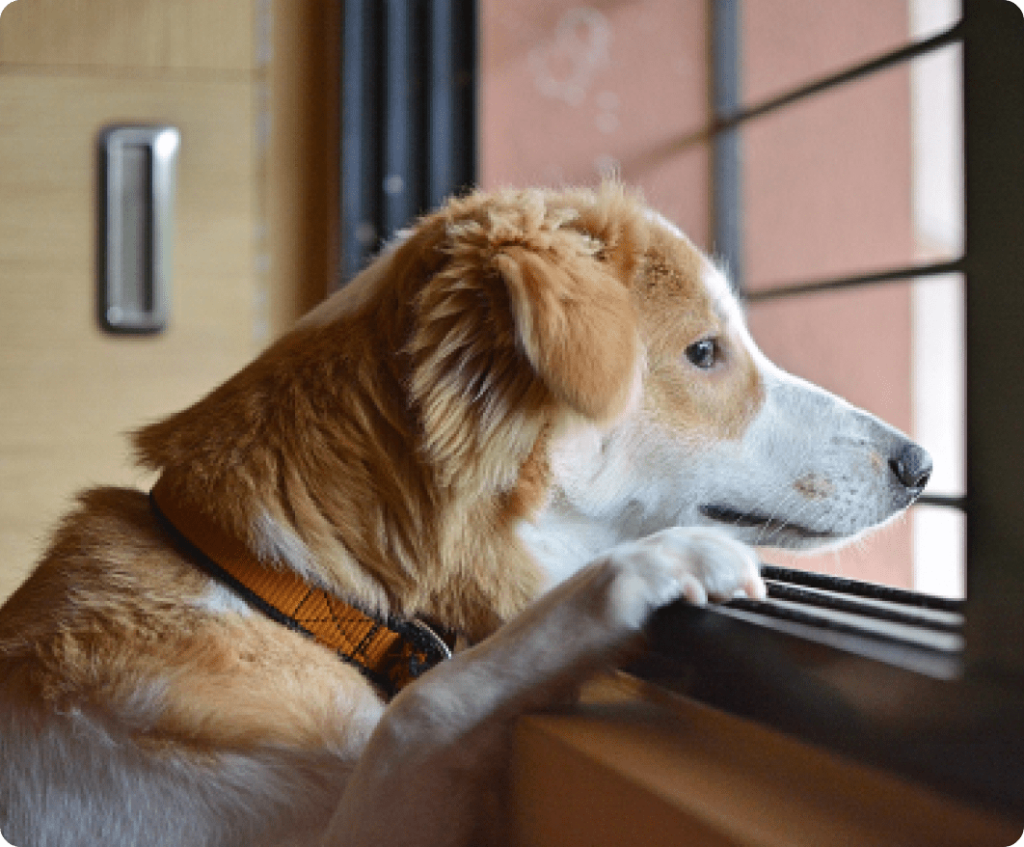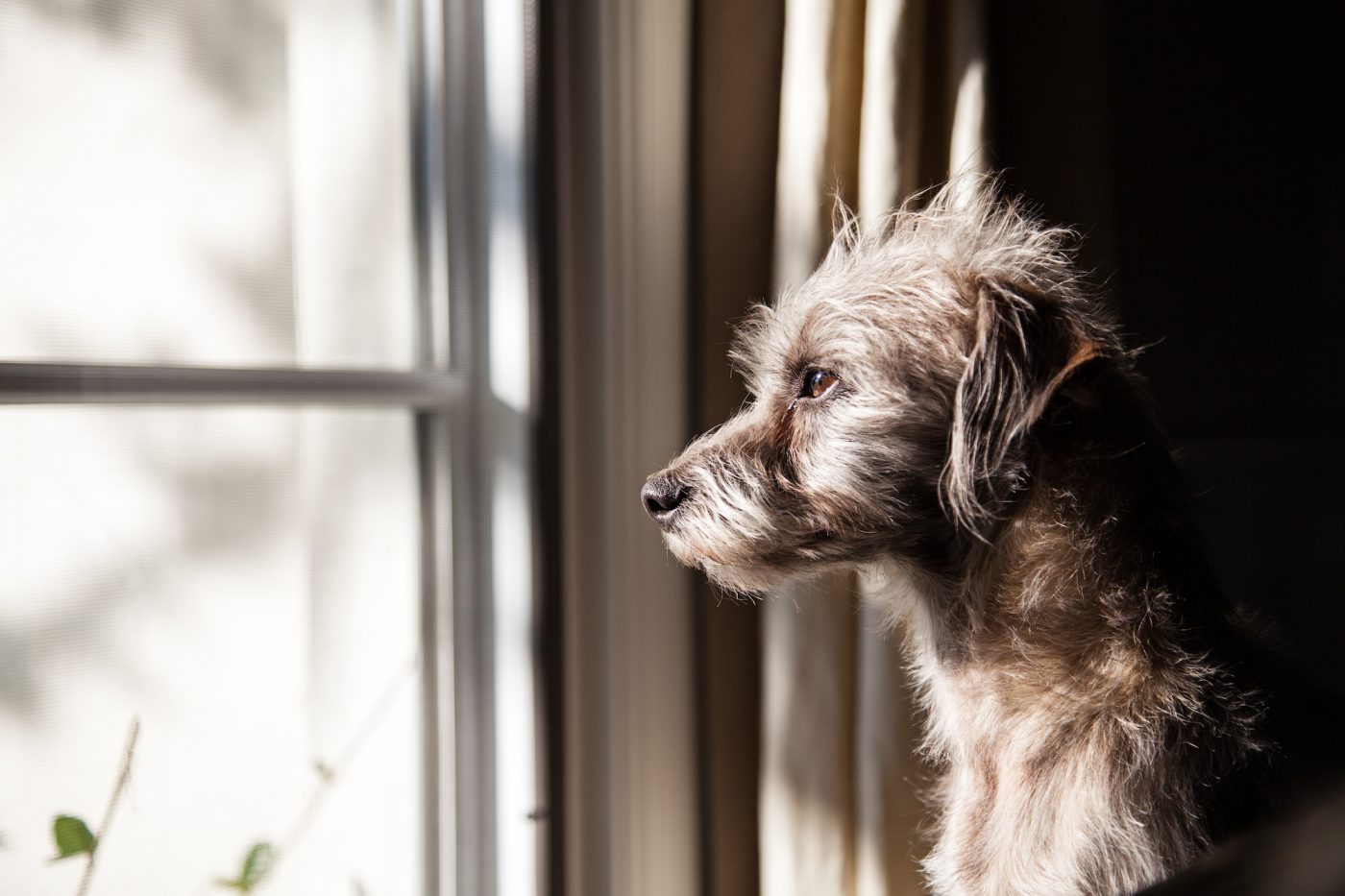Dogs are some of the most loyal companions one can have. It is hard to imagine life without them. Yet, like with any relationship, dogs should be trained and taught how to behave around their owners. Dogs experience separation anxiety when they are left alone. This is a normal response to being parted from their owner and can be treated with proper medication and training.
When treating separation anxiety in dogs, it is important to start by identifying the cause of the anxiety. Some common causes of separation anxiety in dogs include:
– Lack of Socialization – If a dog has not been given adequate opportunities to interact with people and other animals, he or she may become anxious when left alone. This can be remedied by providing plenty of opportunities for play and exercise outside of the home, as well as visits to pet stores or other places where dogs are regularly seen.

– Fear of New Environments – If a dog is used to living in one specific environment (such as a home), he or she may become anxious when taken away and placed in a new one. This can be remedied by gradually introducing the dog to the new surroundings over a period of several days or weeks, starting with sessions that are shorter than usual so that the dog does not become overwhelmed.
– Excessive Barking – Dogs who bark excessively when left alone may be trying to communicate their anxiety. Training techniques such as obedience training may be helpful in retraining this behavior. If the dog's barking is due to a medical condition, medications may be prescribed.
If you're someone who has difficulty dealing with being separated from your dog, then the above guide is for you.
